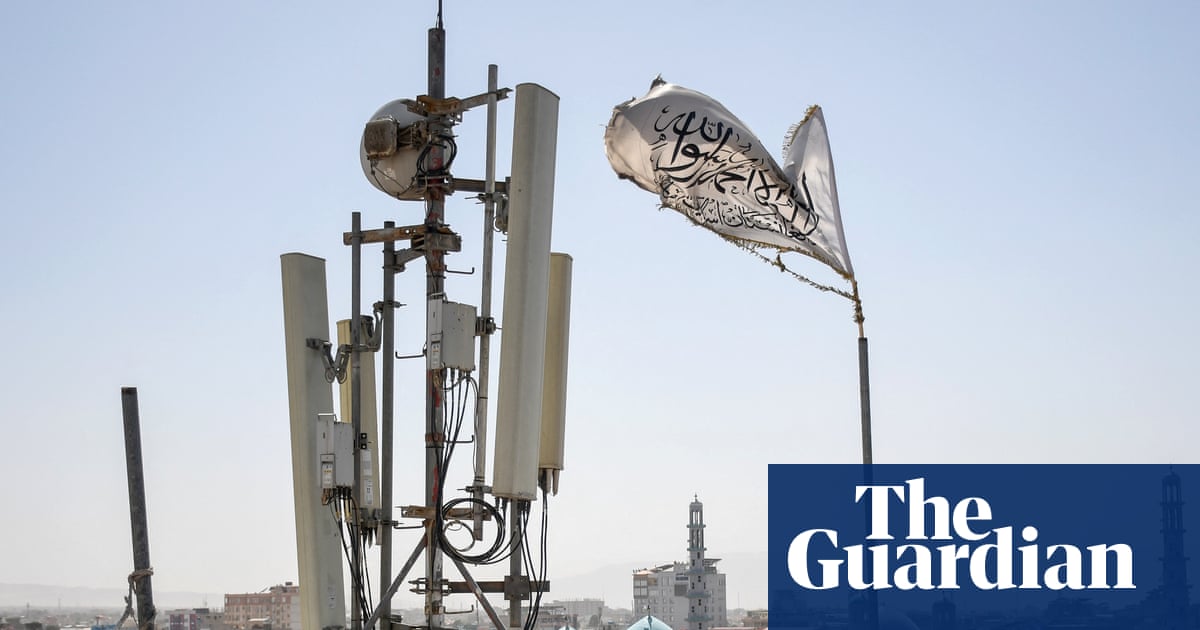#taliban-restrictions
#taliban-restrictions
[ follow ]
fromwww.aljazeera.com
4 months agoDid restrictions on women workers hamper Afghanistan's earthquake response?
A devastating magnitude 6.0 earthquake in eastern Afghanistan on August 31 killed more than 2,200 people and injured some 3,600, according to the Taliban authorities. Nearly half a million were affected by the earthquake in the worst-hit Kunar and Nangarhar provinces, with relief and rescue efforts continuing even after three weeks of the tragedy. However, as the local government and aid agencies attempt to provide support to victims in a country largely dependent on international humanitarian support, women remain visibly absent from these efforts.
World news
fromwww.theguardian.com
4 months agoIt kept our spirits alive': Taliban's internet blackout leaves girls in despair
At 7pm, the scheduled start time, her laptop screen stayed black. The family's wifi, like the wireless internet across her neighbourhood, had gone and with it, her only chance to continue her education. These online classes were my only source of hope, says Marjaneh, speaking from Afghanistan through a crackling phone connection. I thought, when they [Taliban] closed schools at least they wouldn't cut the internet, but now that has been taken away too.
World news
[ Load more ]





